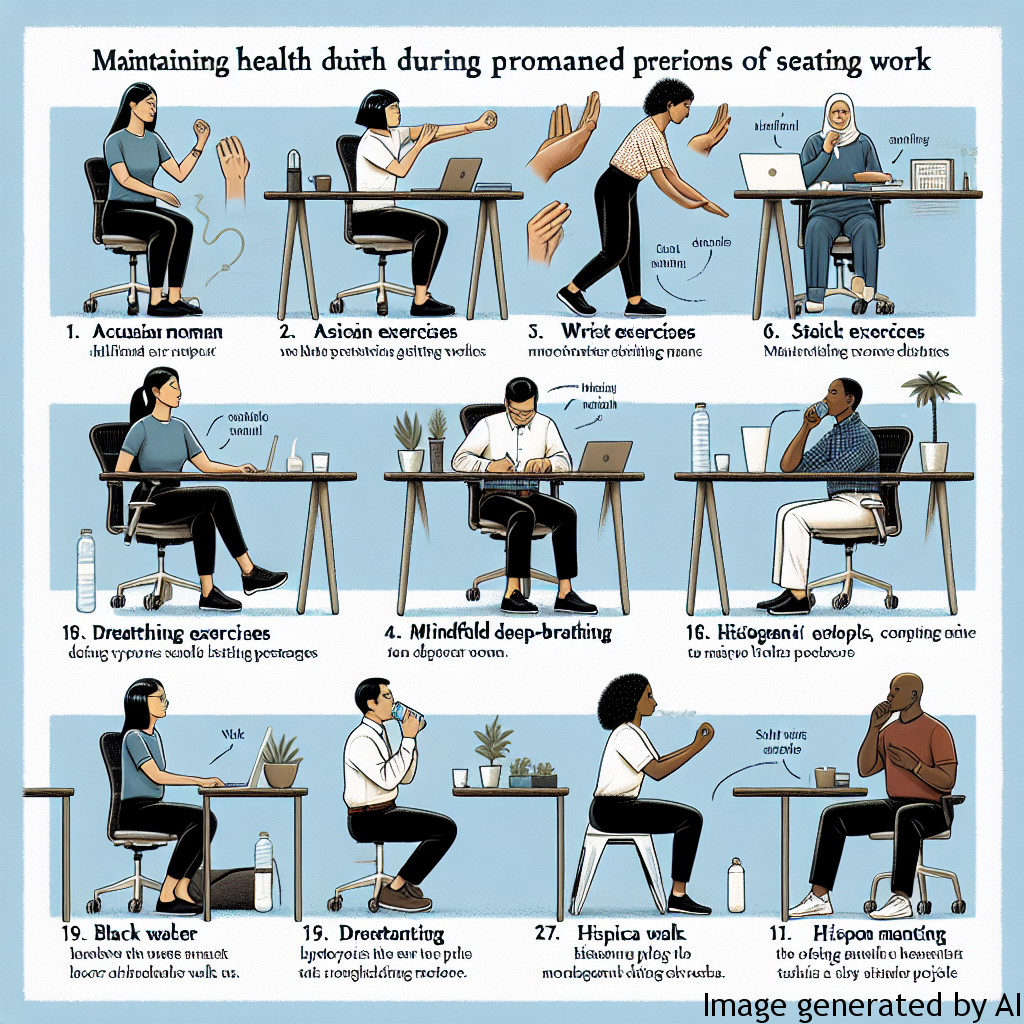Introduction
In today’s fast-paced, technology-driven world, prolonged sitting at work is an unavoidable part of many people’s lives. While such a work style might seem harmless, it can have substantial detrimental health impacts, such as increased risk of heart disease, obesity, and musculoskeletal disorders. Moreover, it can also affect psychological health, particularly in men due to societal gender expectations and roles. This article aims to explore the links between prolonged sitting jobs, gender roles, and men’s psychological health.
Gender Expectations and their Involvement in Men’s Psychological Health
Society has long organized individuals into gender roles, assigning expectations to men and women. Men are often expected to be strong, stoic, and competitive, making it difficult for them to express their emotions freely.
The Masculine Norms of Work
From a young age, men are taught that success in their careers is essential for the affirmation of their masculinity. As adults, this often translates to excessive hours spent sitting at a desk, answering emails and completing tasks, often sacrificing their physical activity for career advancement.
Psychological Implications
Spending prolonged periods in sitting positions coupled with societal pressure to conform to traditional masculine roles can lead to feelings of stress and anxiety among men. The pressure to stay competitive and focused could suppress their ability to express feelings of fatigue, discomfort or pain, leading to a decline in mental well-being.
Examples of How Gender Roles Can Impact Men’s Lives
A clear example is the high-stress levels often associated with managerial roles, typically dominated by men due to societal expectations. Stress can increase the risk of various psychological disorders, such as depression and anxiety. Moreover, the perception that showing vulnerability is a sign of weakness can hinder men from sharing their struggles, contributing to societal issues such as the higher suicide rate among men.
Tips for Improving Psychological Health in the Context of Gender Roles
It is crucial to break the cycle of prolonged sitting and the subsequent health effects by adopting healthier habits. Encouraging regular breaks, physical activity/exercises, and ergonomically designed workspaces can help reduce the health risks associated with prolonged sitting. Also, cultivating an open culture encouraging men to voice their concerns and seek professional help when needed can be a significant step towards improved psychological health. Men should be educated and reassured that seeking help and expressing emotions does not compromise their masculinity.
Conclusion
Prolonged sitting at work, coupled with the pressure of conforming to societal masculine norms, can profoundly affect men’s psychological health. By promoting a culture that values open conversations about mental health and by taking steps to reduce the physical impact of prolonged sitting, we can take steps towards a healthier working environment for everyone.

